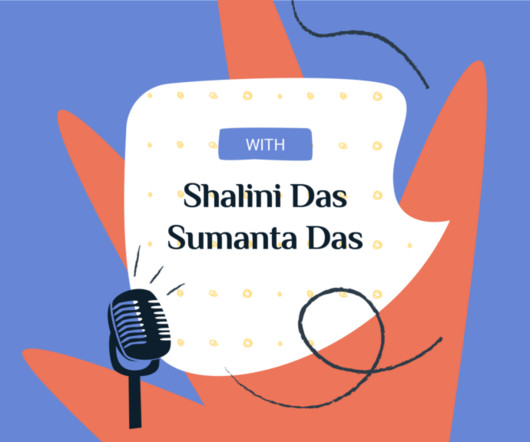Family-Focused Therapies for Bipolar Disorder
Child Mind Intitute
JULY 29, 2025
In kids, things can be more rapid, more chaotic, and harder to pin down, explains Mary Fristad, PhD, an expert in mood disorders in children at Nationwide Children’s Hospital and professor emerita at The Ohio State University. “A Getting help early doesn’t necessarily prevent the condition, which runs in families, from developing. “If











Let's personalize your content